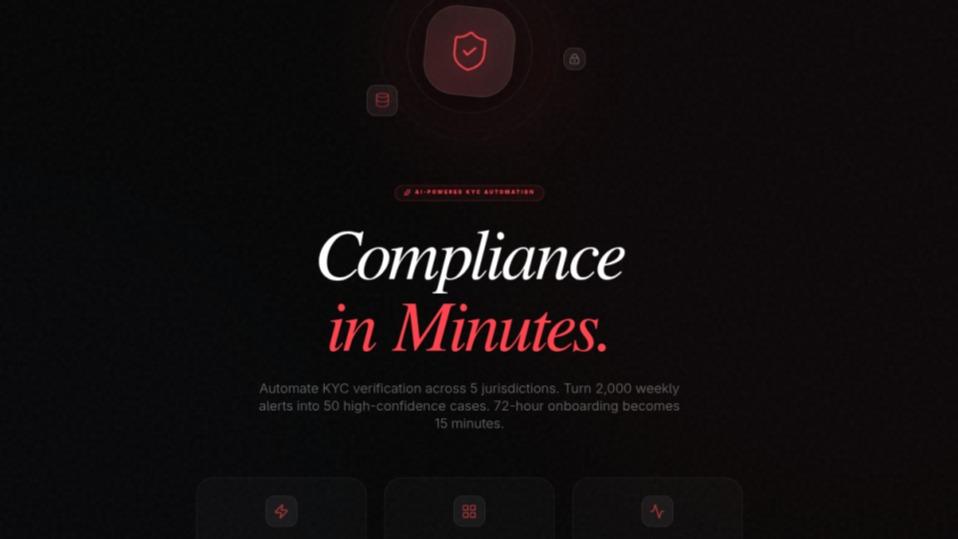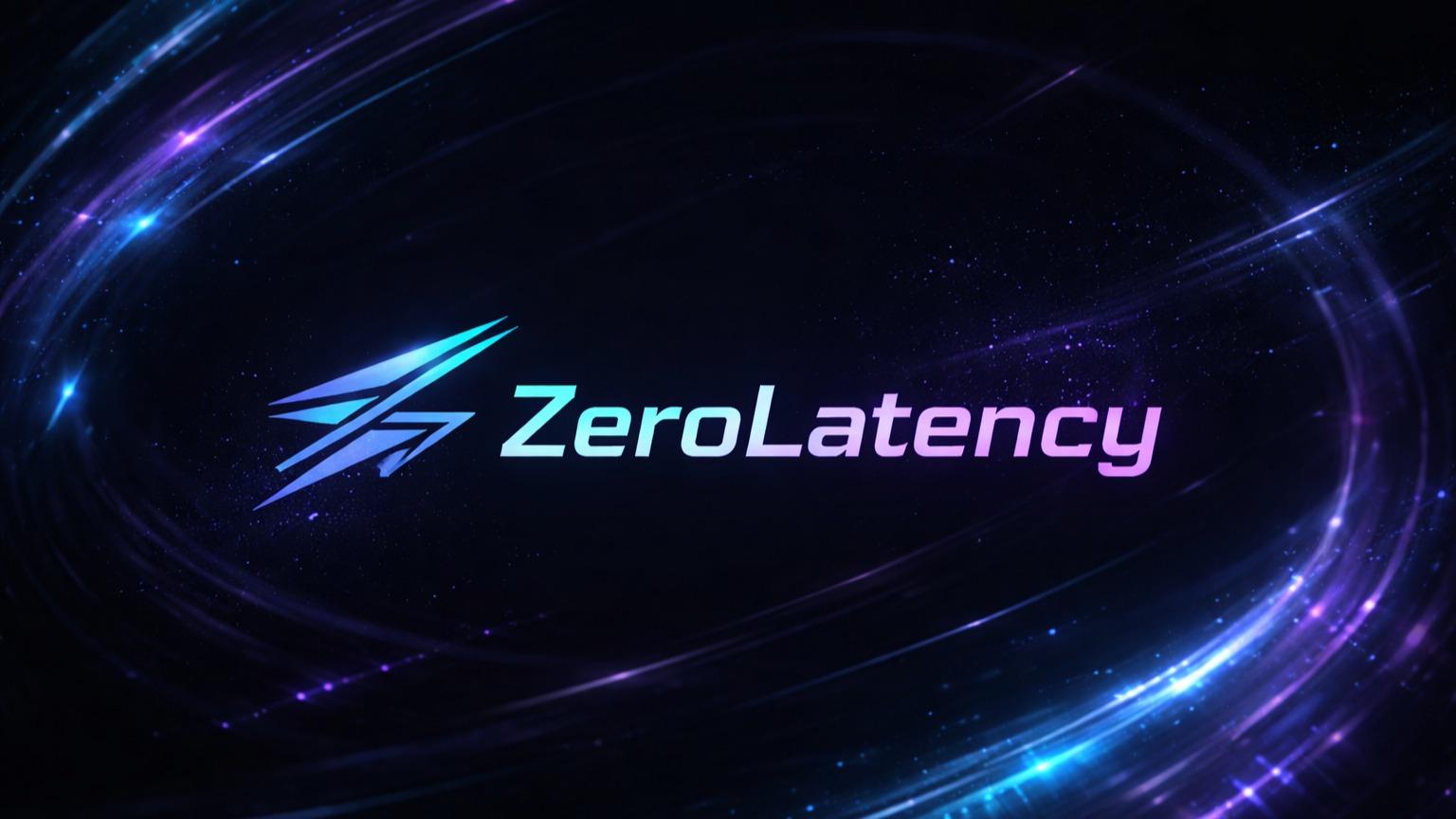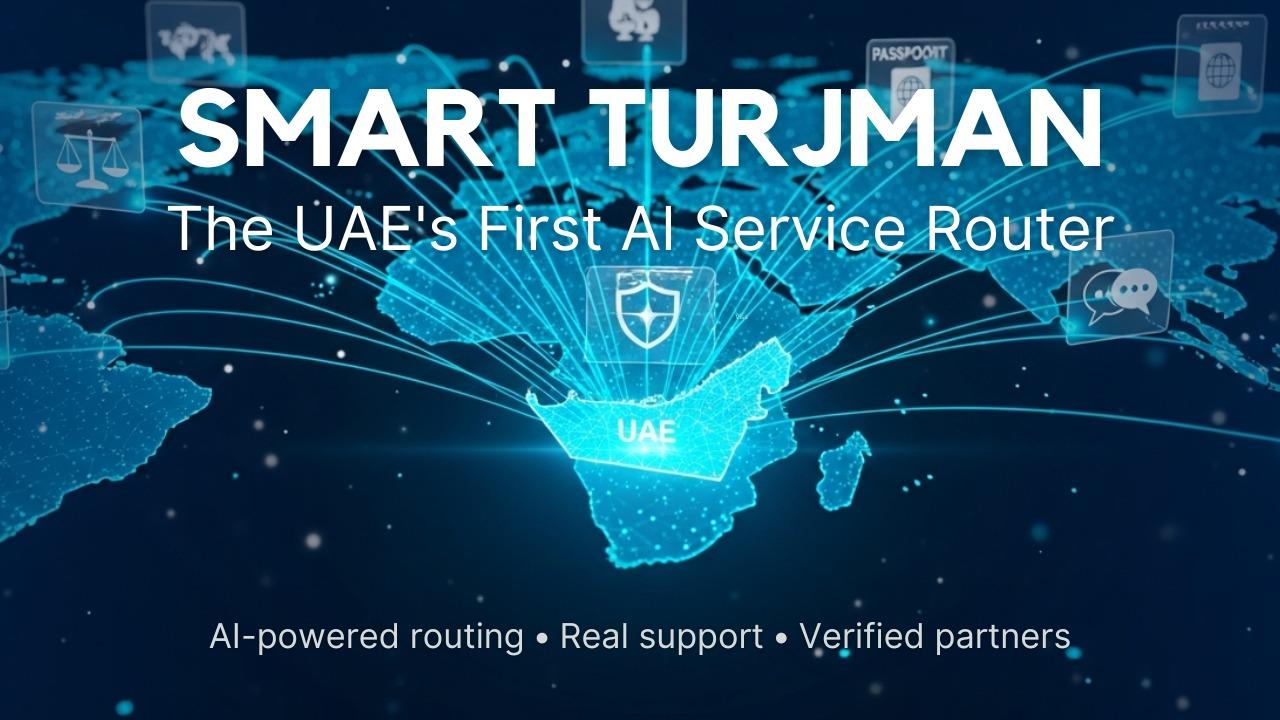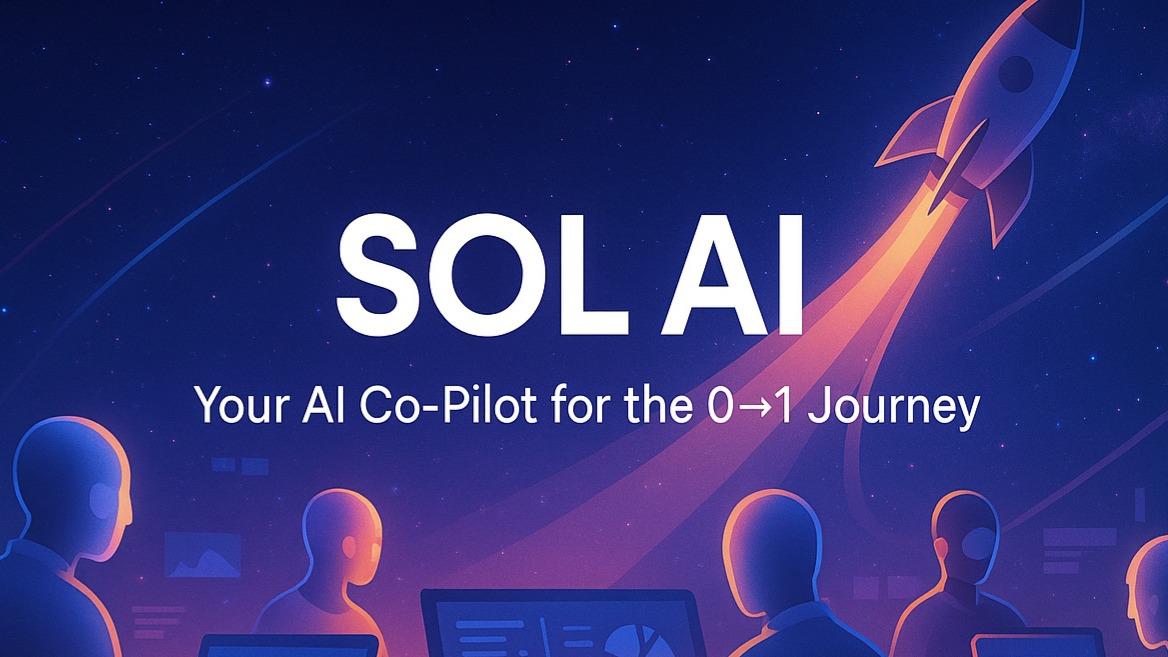Top Builders
Explore the top contributors showcasing the highest number of app submissions within our community.
LlamaIndex: a Data Framework for LLM Applications
LlamaIndex is an open source data framework that allows you to connect custom data sources to large language models (LLMs) like GPT-4, Claude, Cohere LLMs or AI21 Studio. It provides tools for ingesting, indexing, and querying data to build powerful AI applications augmented by your own knowledge.
| General | |
|---|---|
| Author | LlamaIndex |
| Repository | https://github.com/jerryjliu/llama_index |
| Type | Data framework for LLM applications |
Key Features of LlamaIndex
- Data Ingestion: Easily connect to existing data sources like APIs, documents, databases, etc. and ingest data in various formats.
- Data Indexing: Store and structure ingested data for optimized retrieval and usage with LLMs. Integrate with vector stores and databases.
- Query Interface: LlamaIndex provides a simple prompt-based interface to query your indexed data. Ask a question in natural language and get an LLM-powered response augmented with your data.
- Flexible & Customizable: LlamaIndex is designed to be highly flexible. You can customize data connectors, indices, retrieval, and other components to fit your use case.
How to Get Started with LlamaIndex
LlamaIndex is open source and available on GitHub. Visit the repo to install the Python package, access documentation, guides, examples, and join the community:
AI Tutorials
👉 Discover more LlamaIndex Tutorials on lablab.ai
LlamaIndex Libraries
A curated list of libraries and technologies to help you build great projects with LlamaIndex.
- LlamaIndex Documentation
- GPT Index
- LlamaHub - the community library of data loaders
- LlamaLab - the cutting-edge AGI projects using LlamaIndex
LlamaIndex AI technology page Hackathon projects
Discover innovative solutions crafted with LlamaIndex AI technology page, developed by our community members during our engaging hackathons.


.png&w=3840&q=75)


